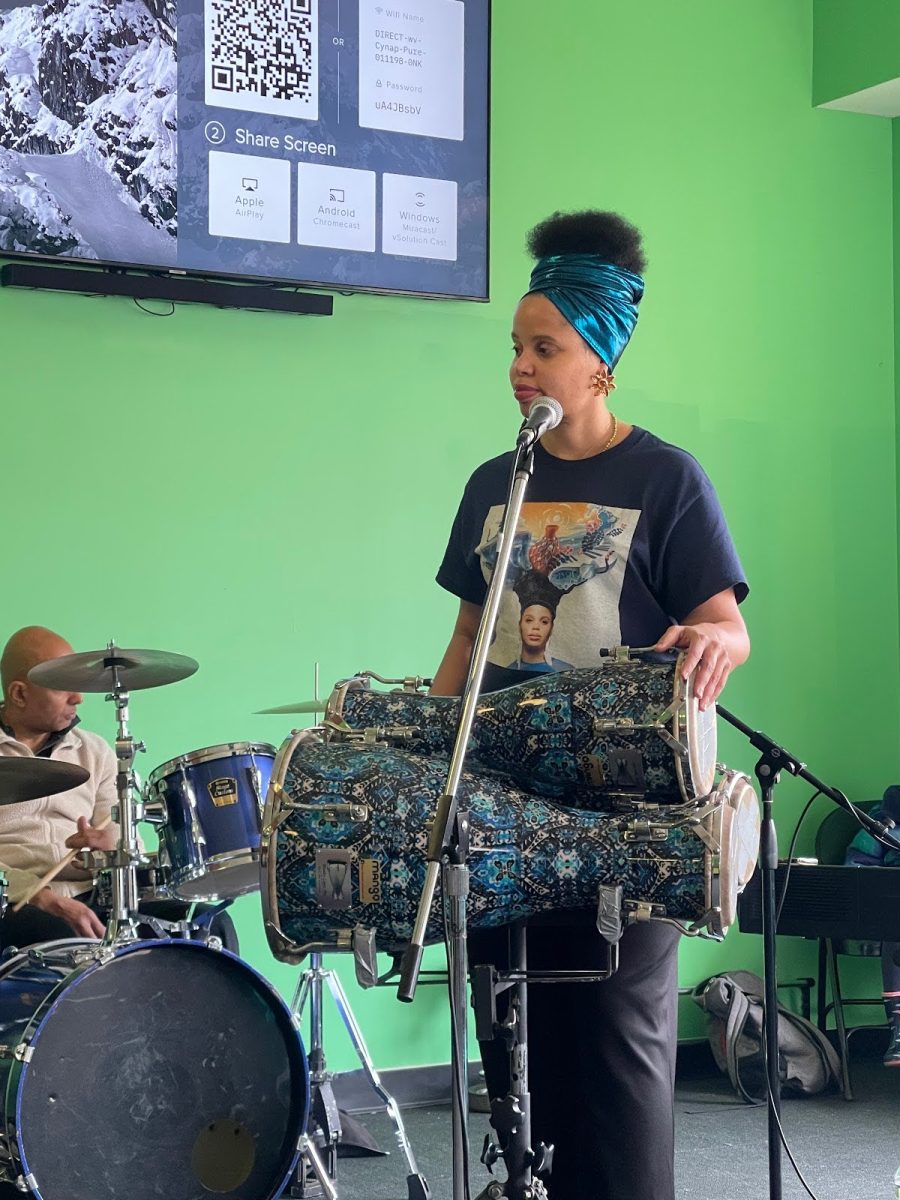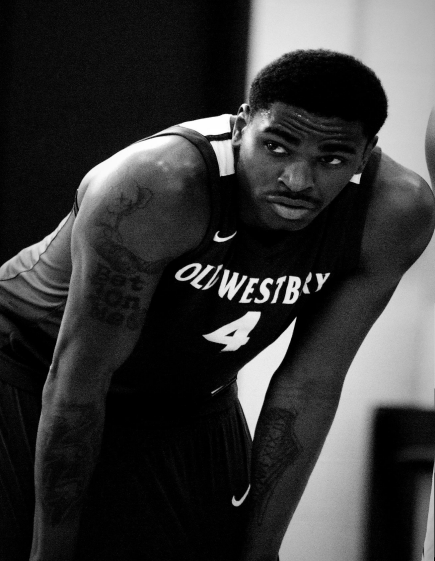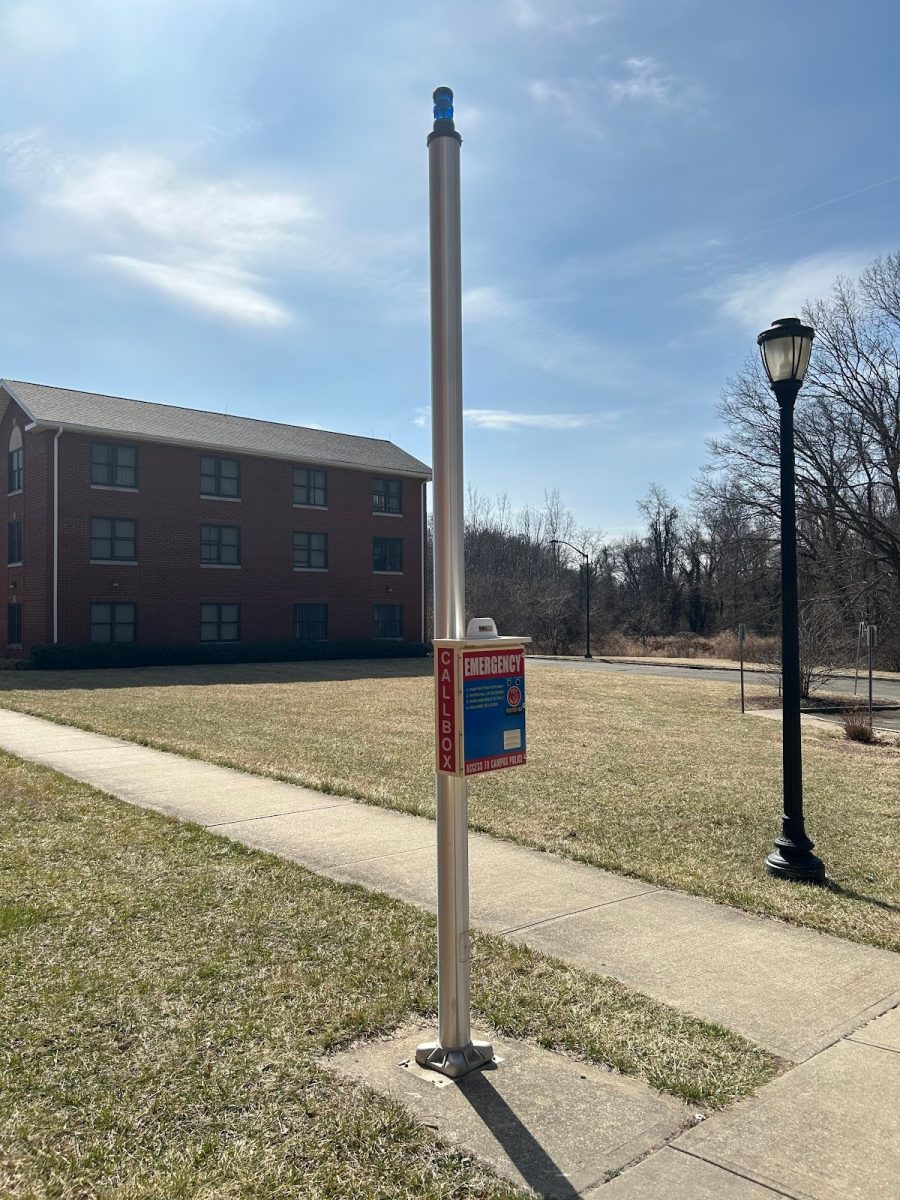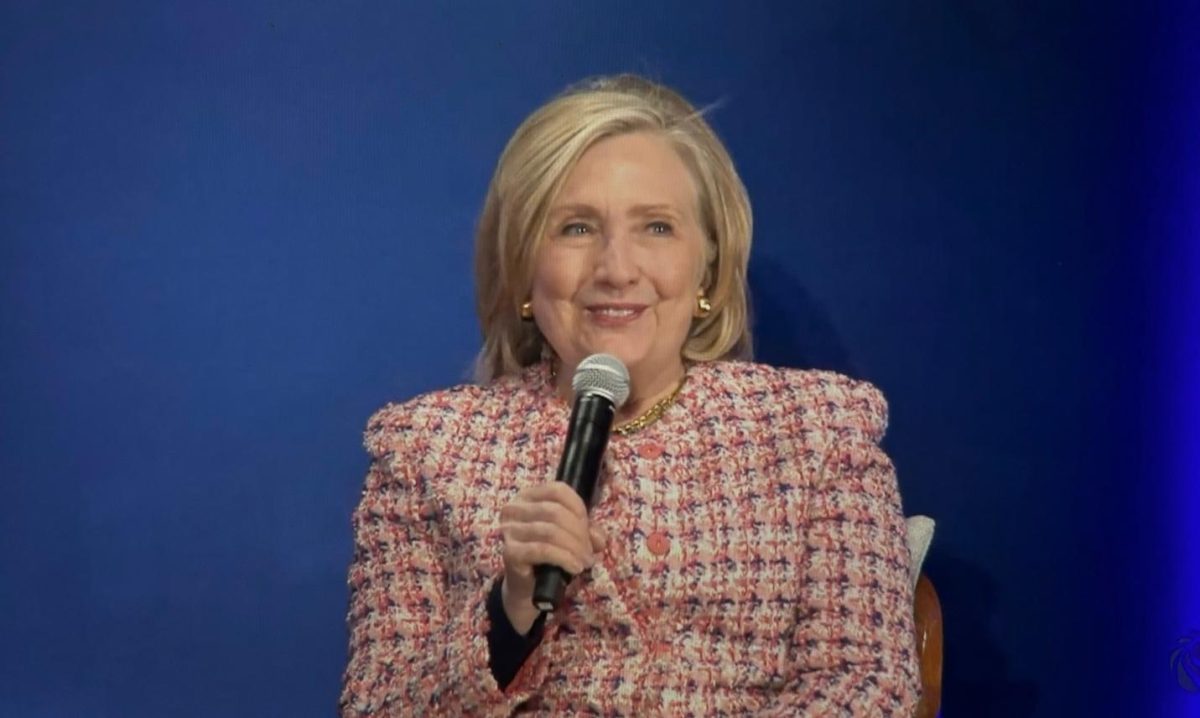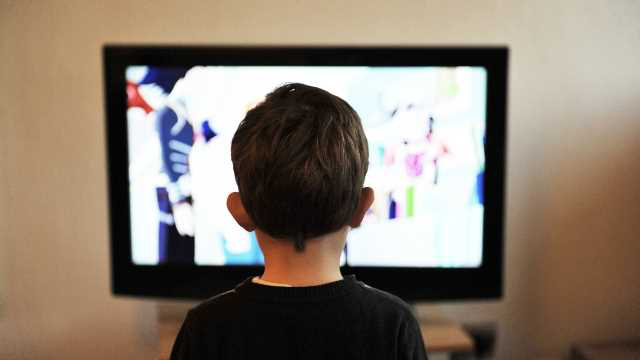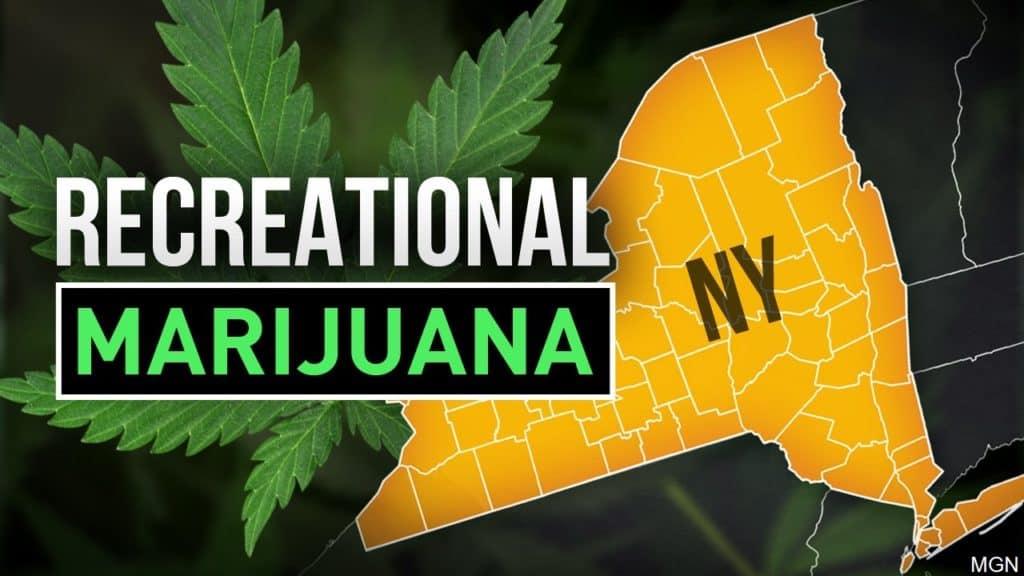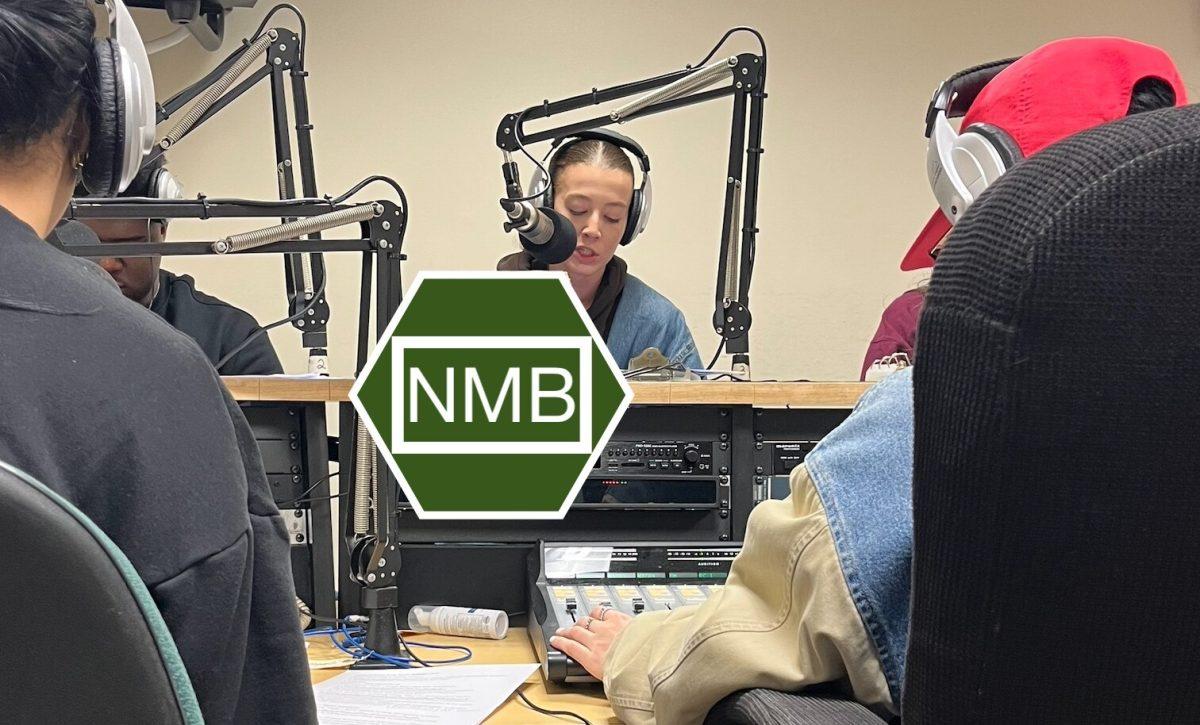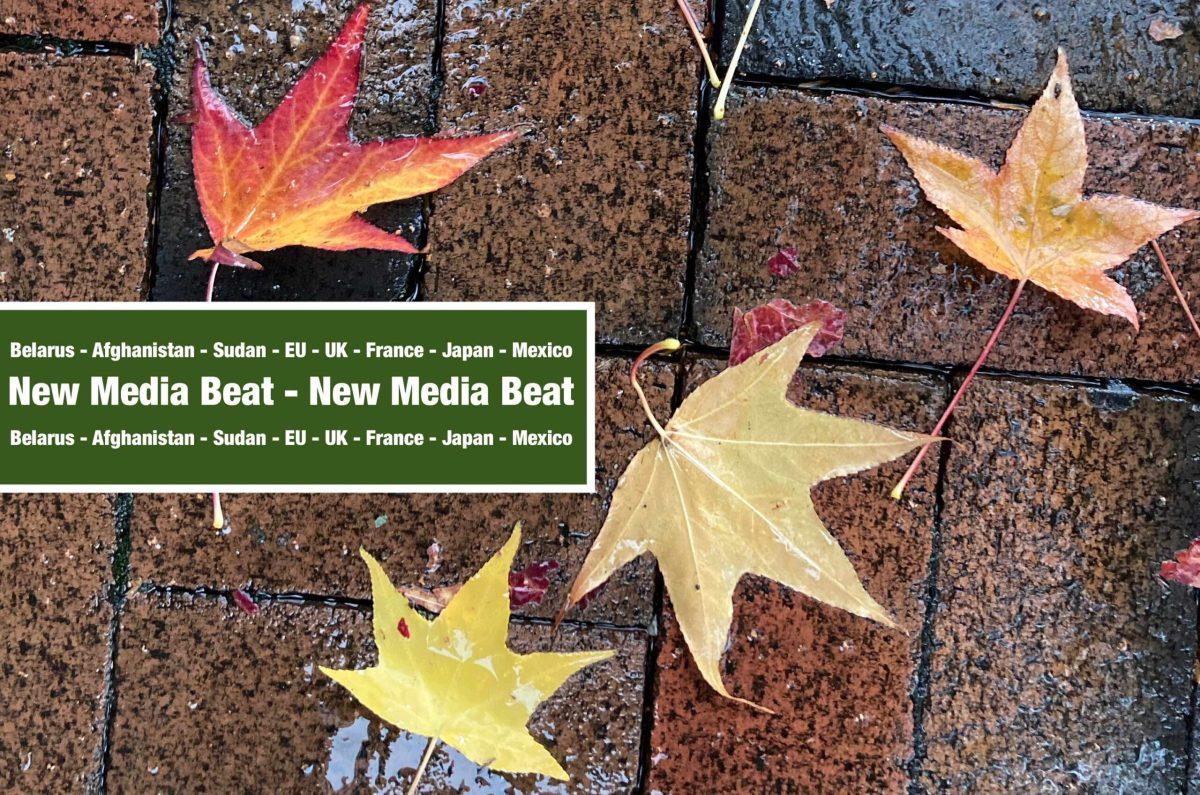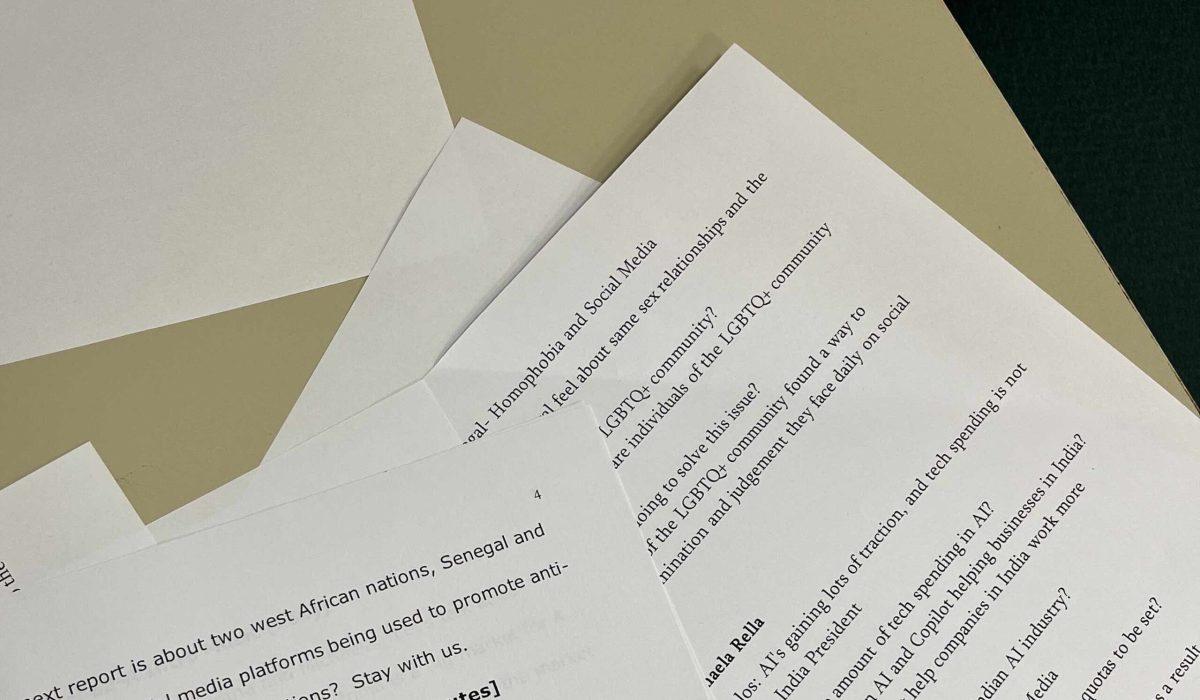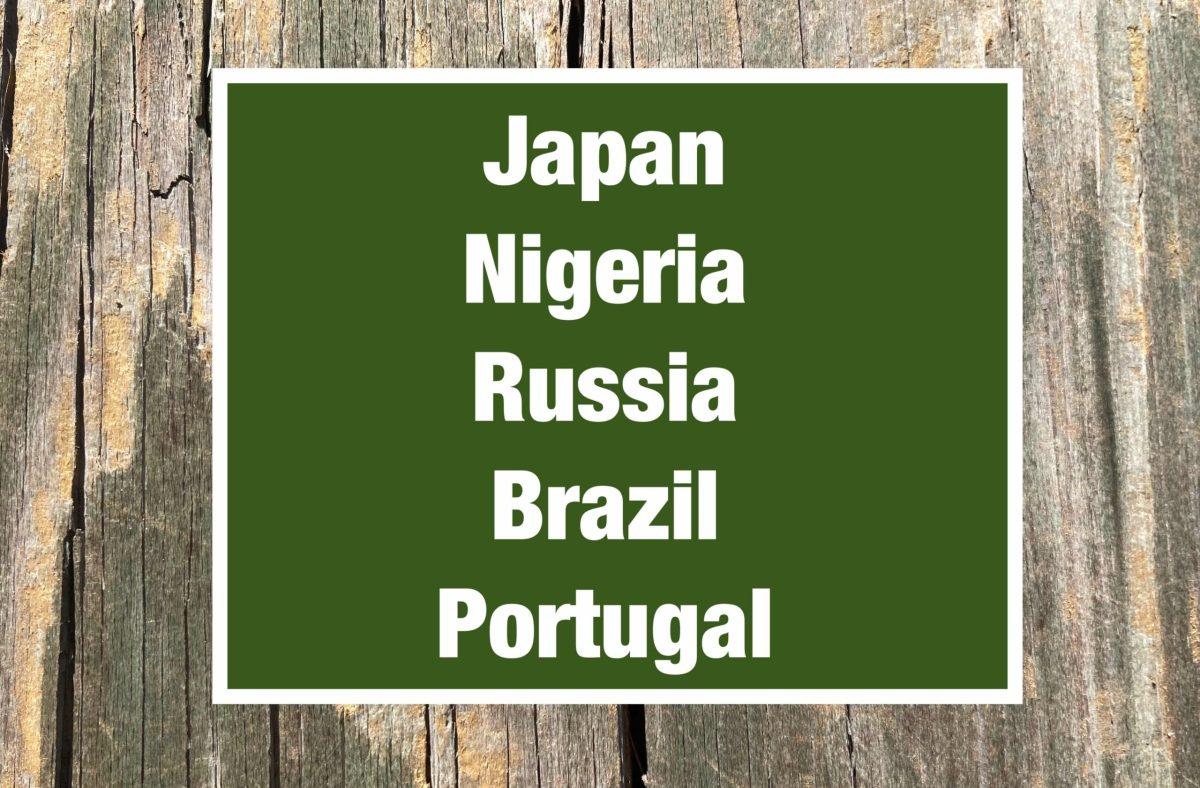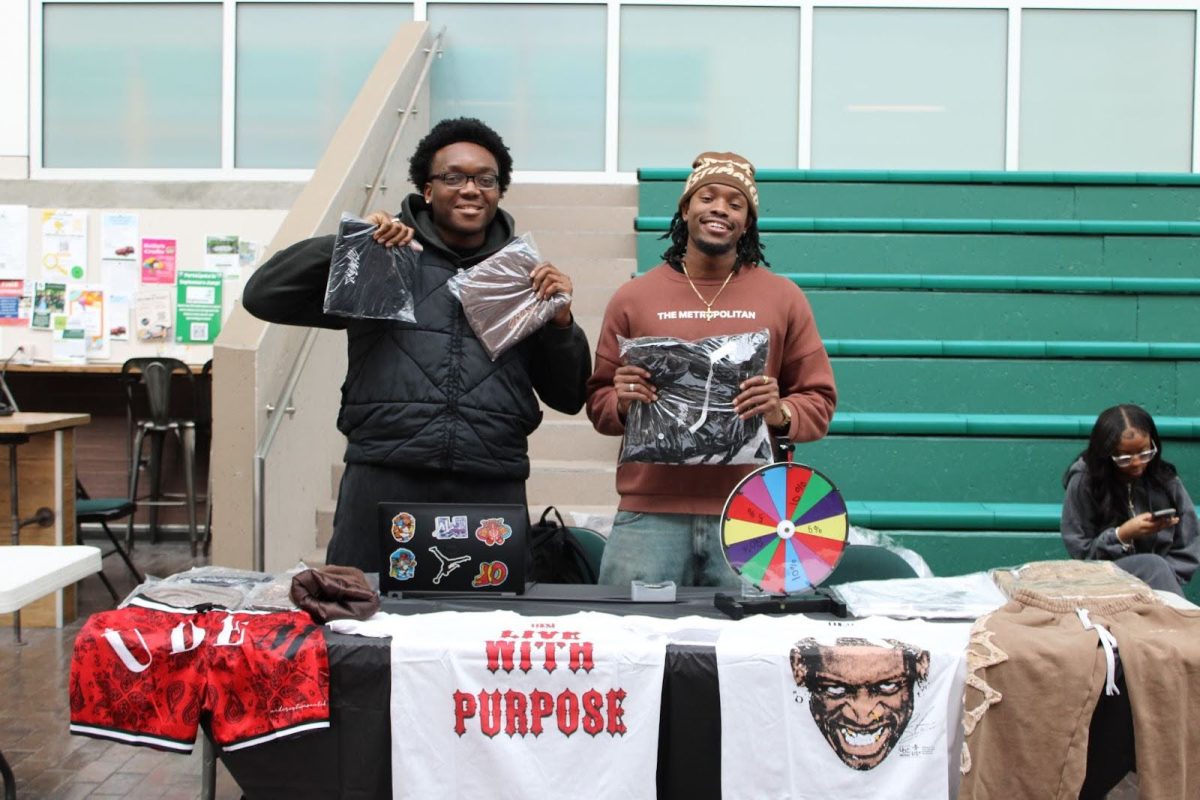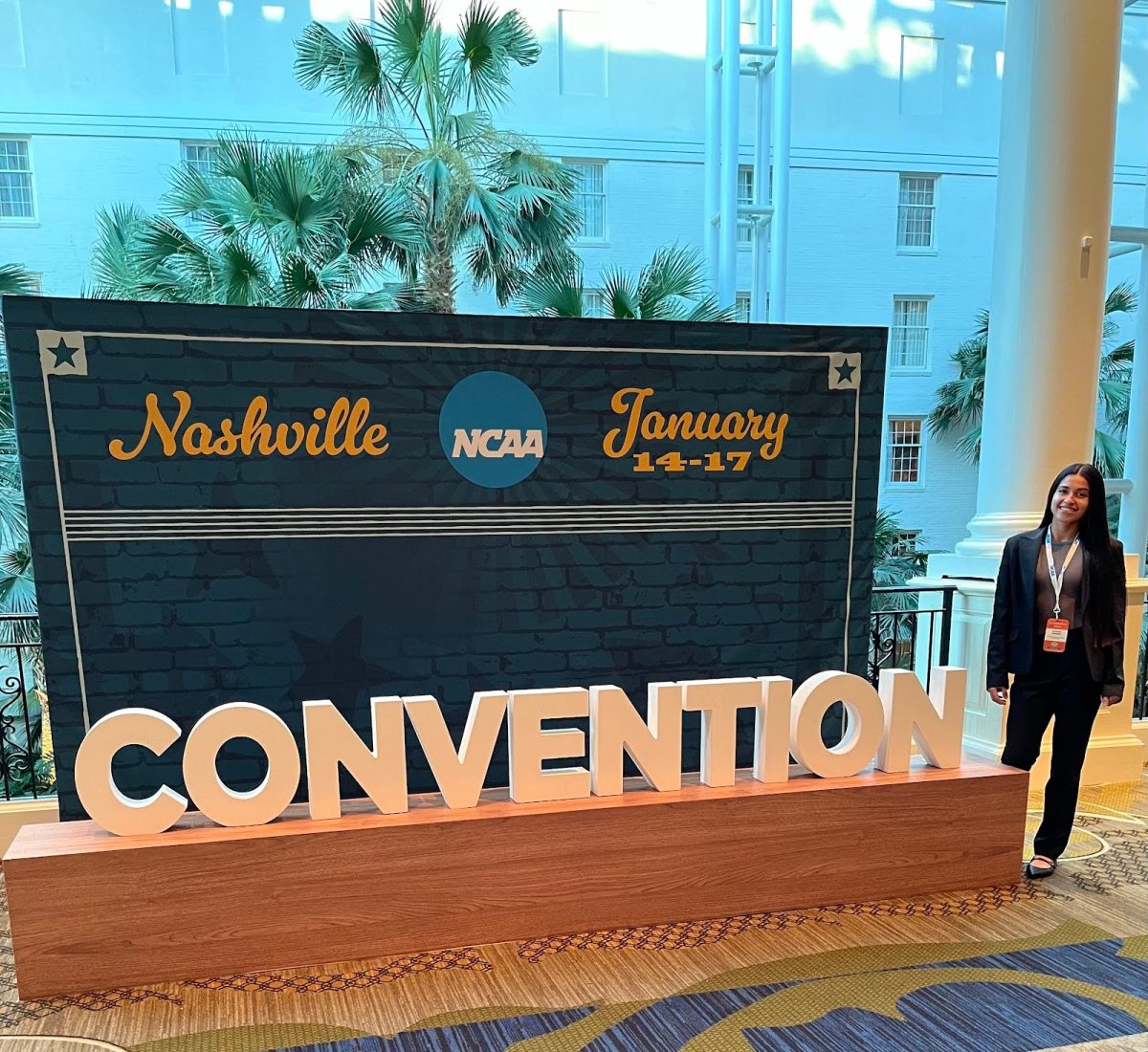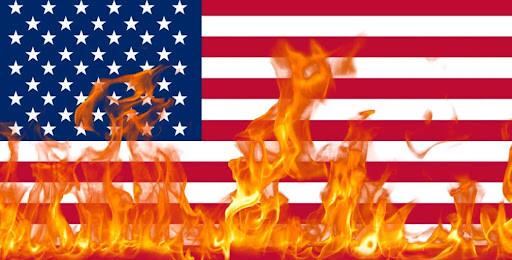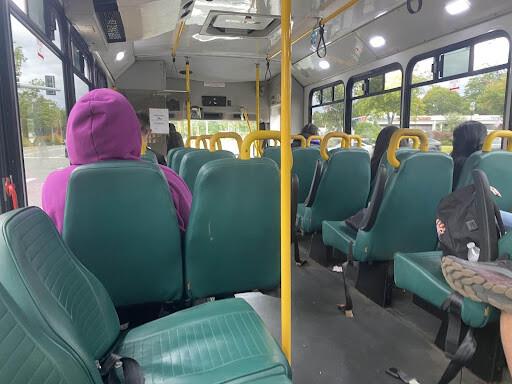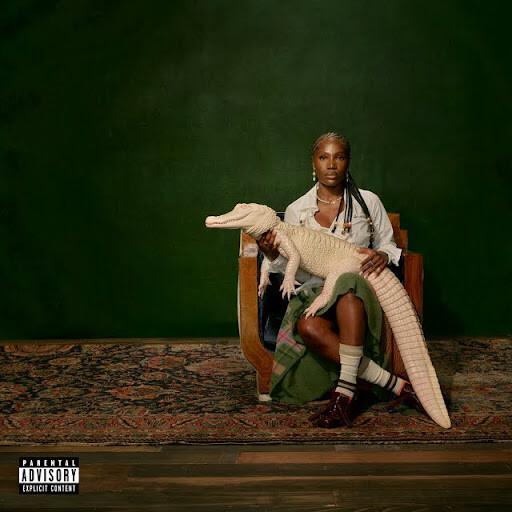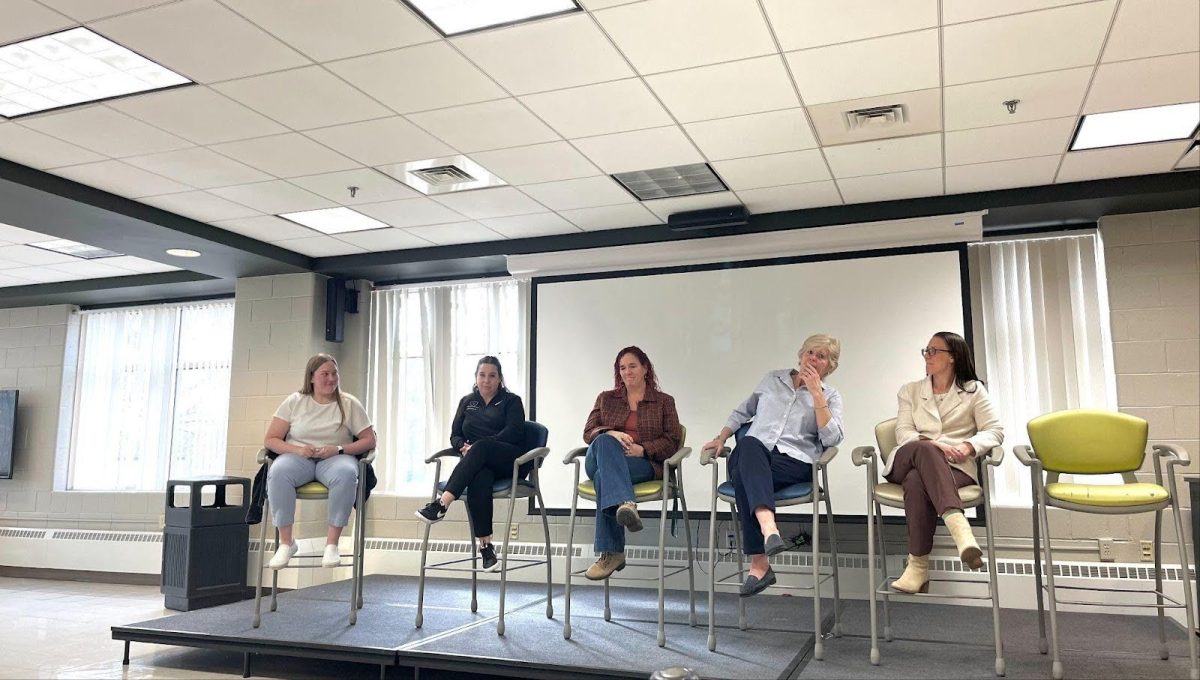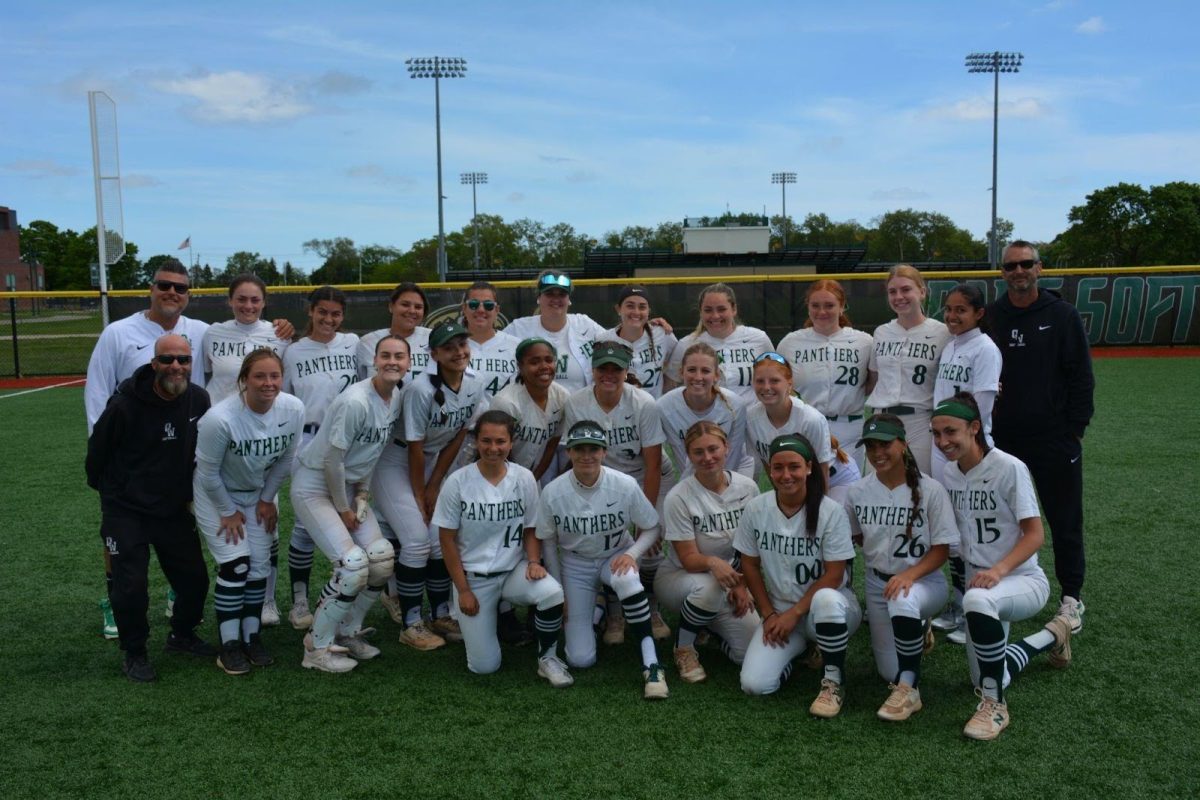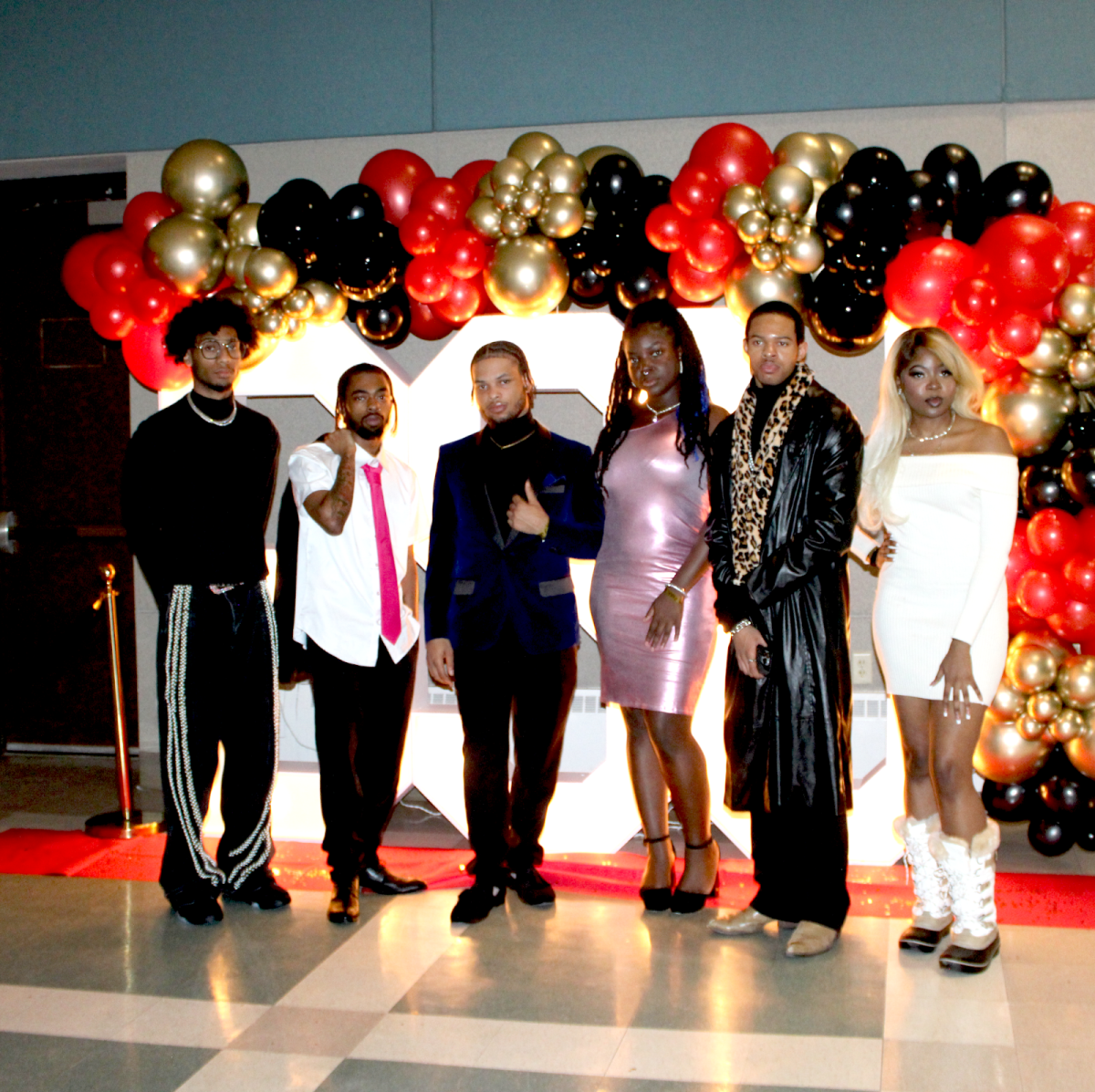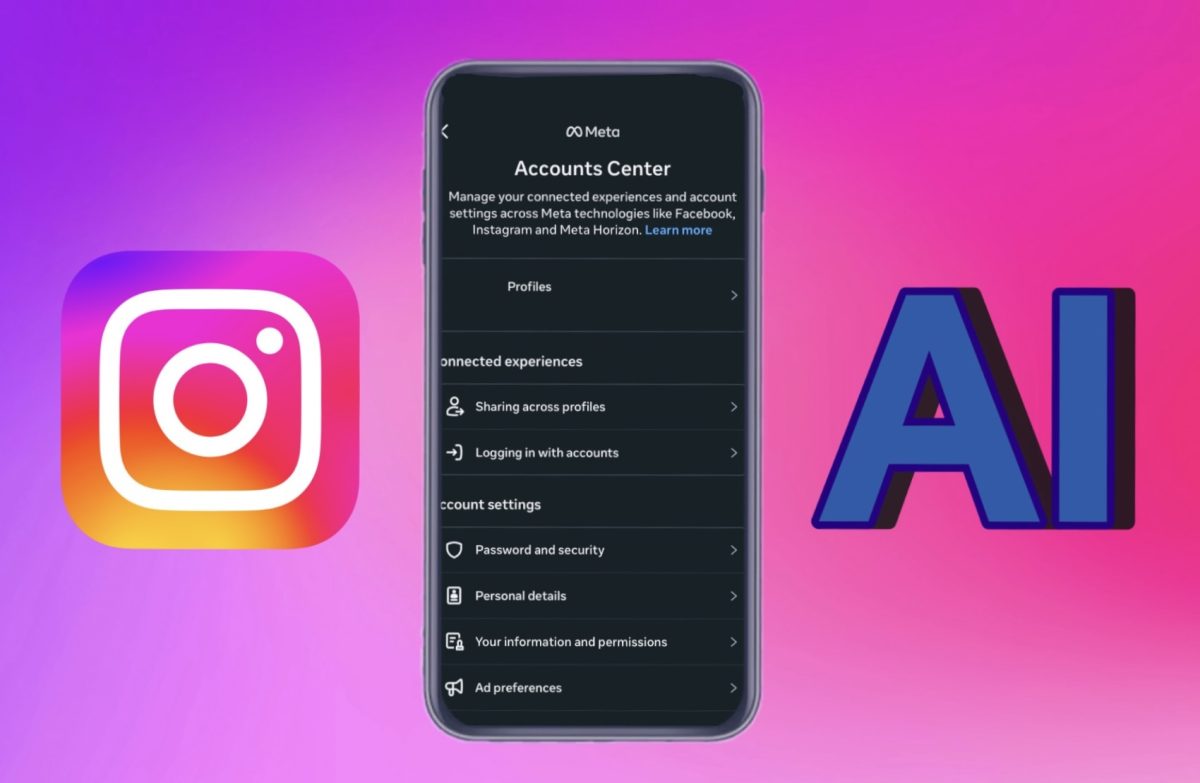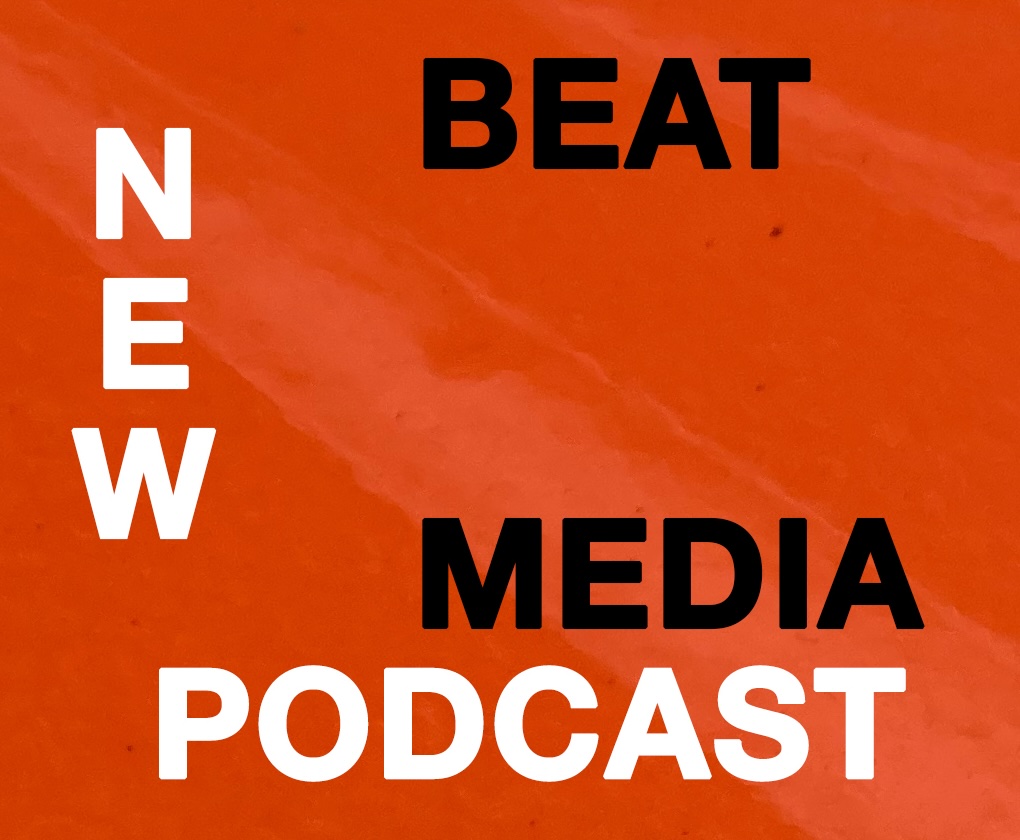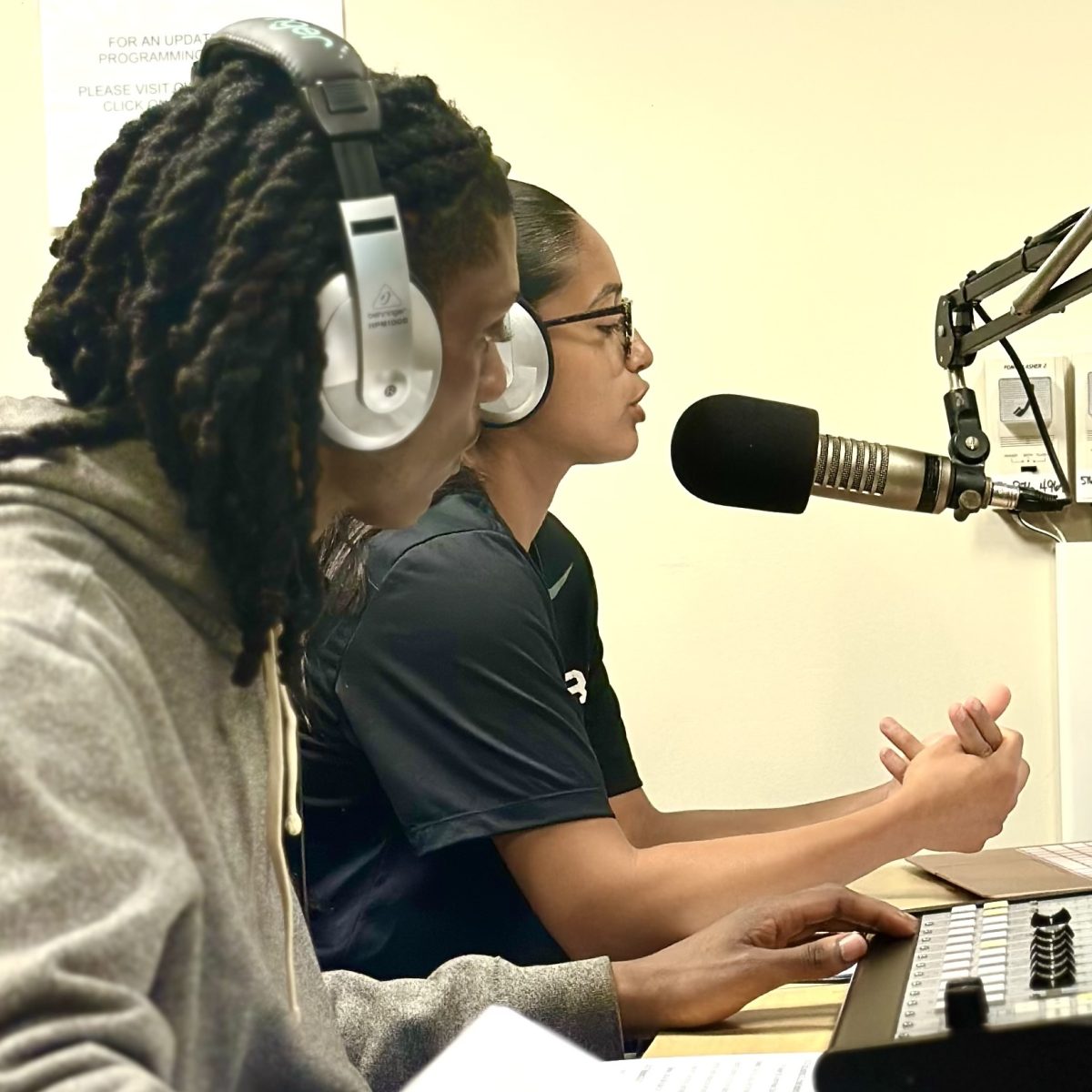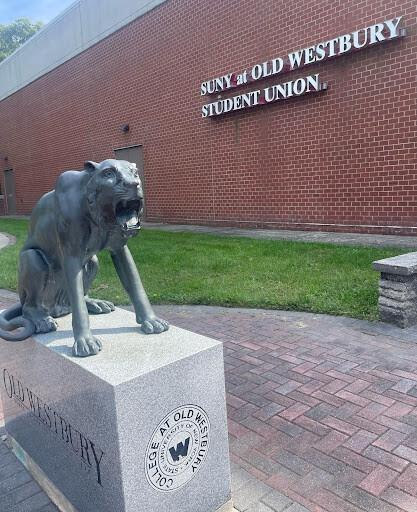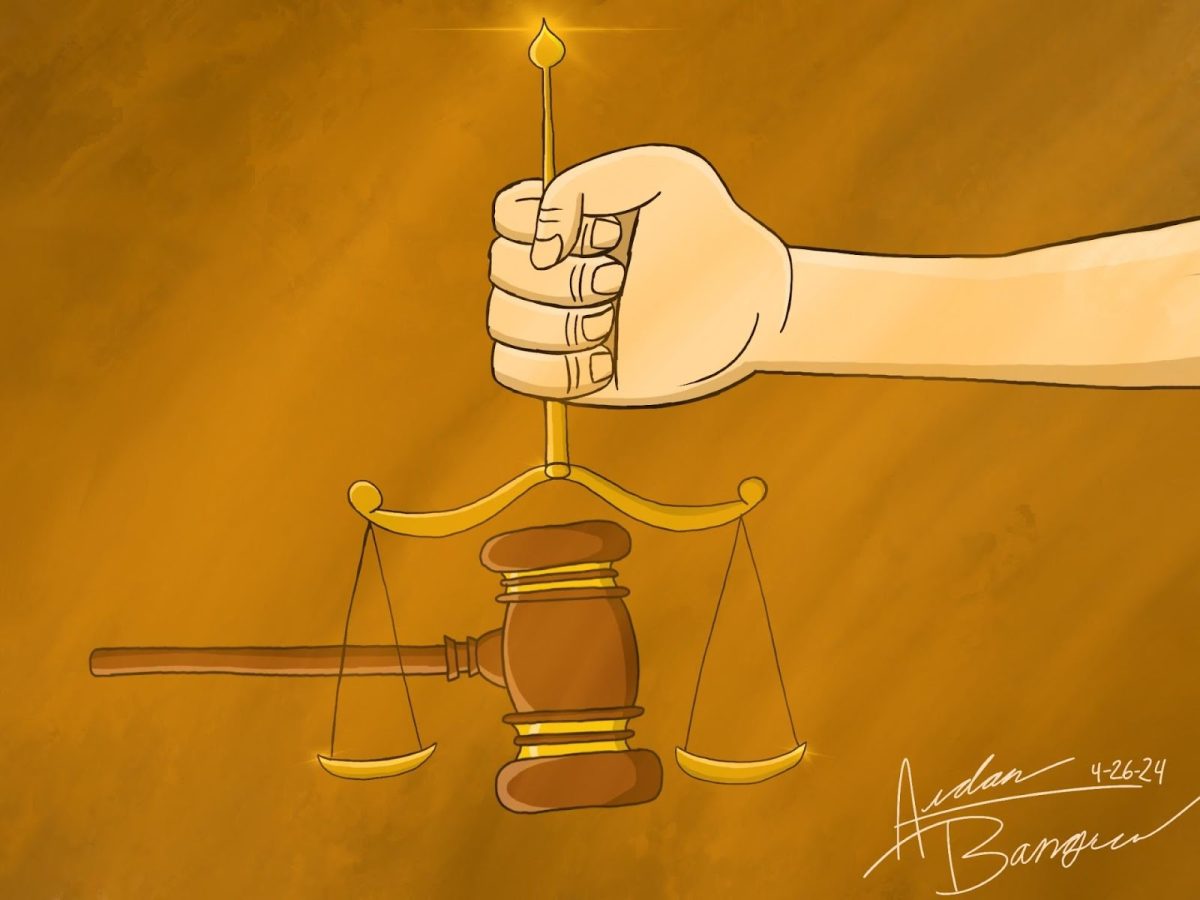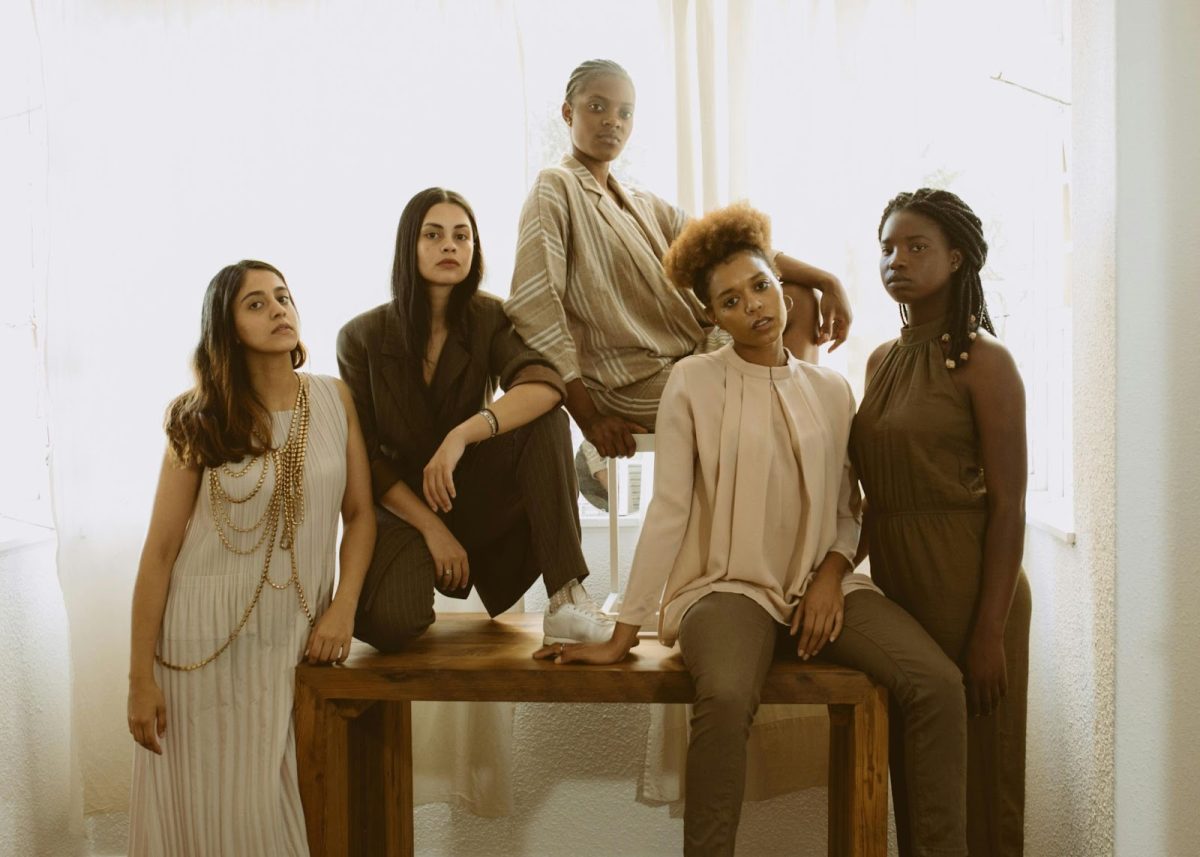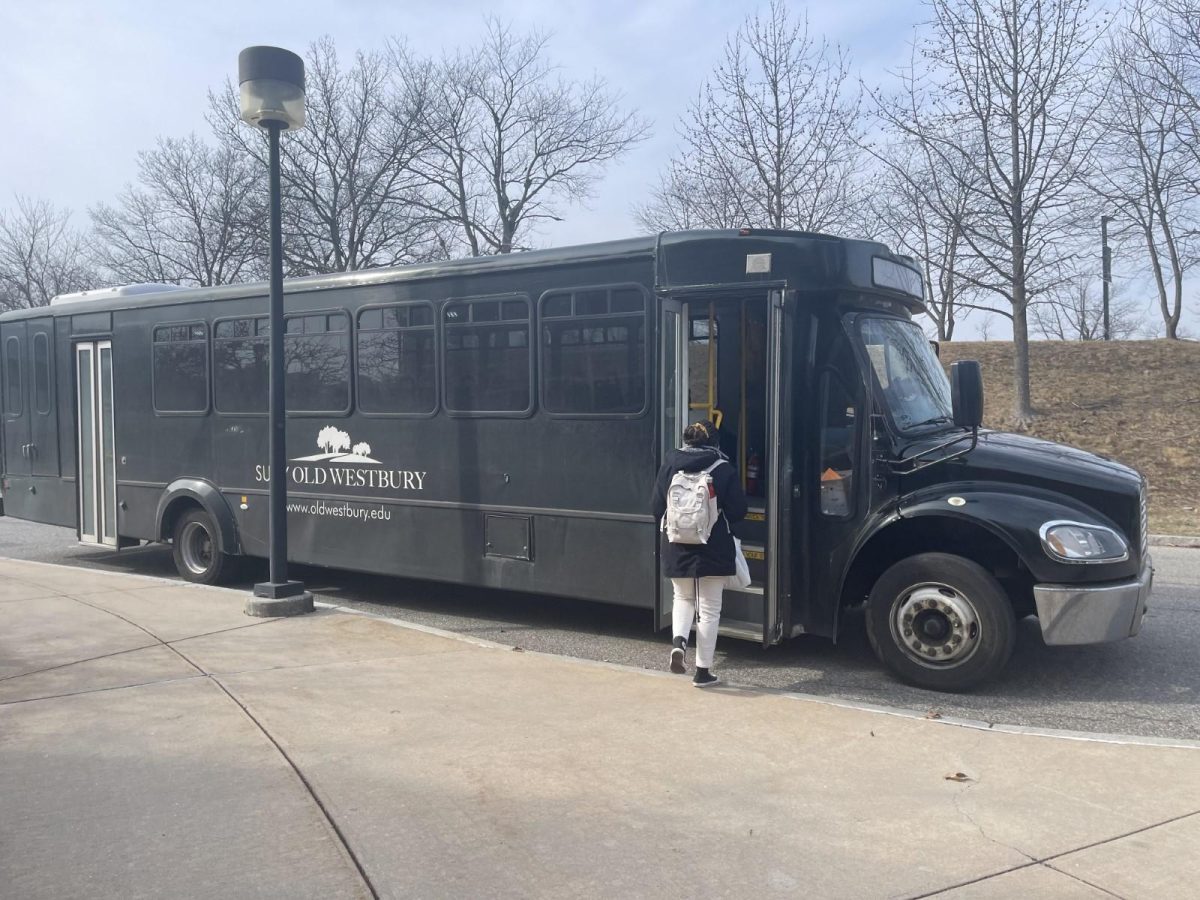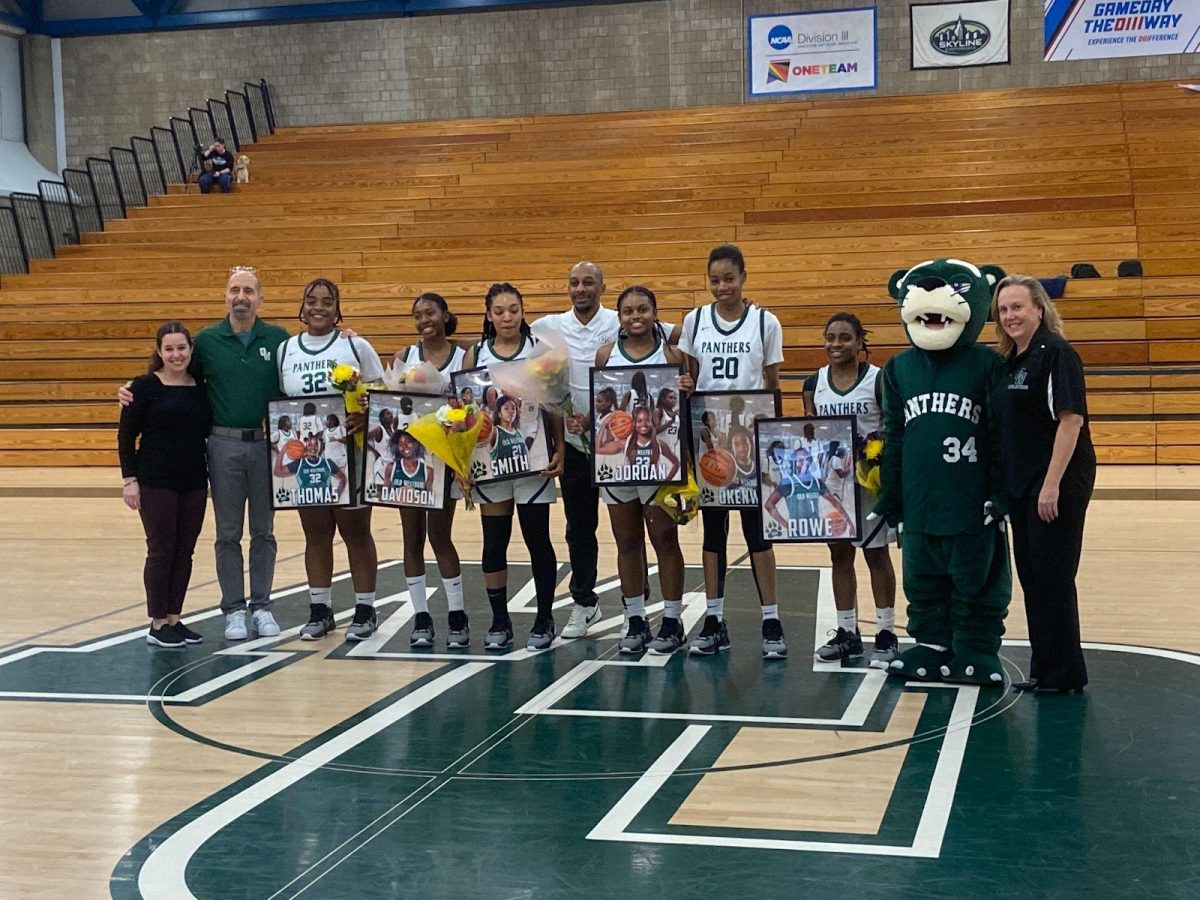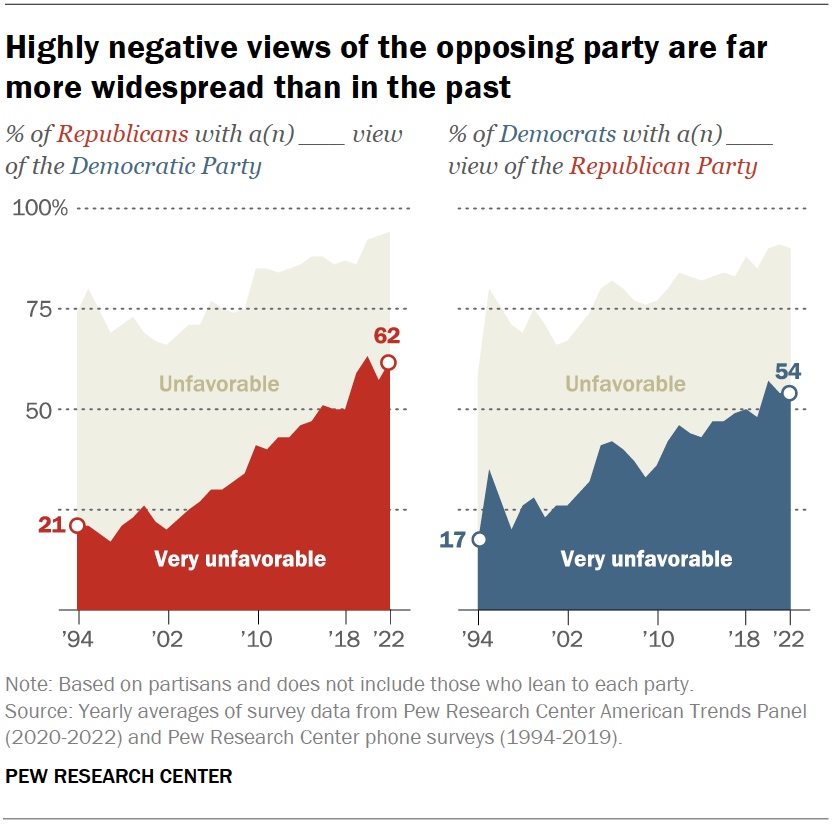As a young aspiring black female journalist, I know that I have to work hard to make it into the competitive media industry. Majoring in Media and Communication and having an extensive media background so far, I have faith and belief that I will definitely thrive in my journalism career. What I wasn’t aware of before but I am now are the obstacles black female journalists face in their careers: hurdles they face when they work for predominantly white mainstream media outlets.
Black female journalists have to work a hundred times harder than their white counterparts. Why is it a lot more challenging for black women? Why are they constantly targeted in the mass media? Why aren’t there more positive representations of women journalists of color?
As audiences pay more attention to them, they are scrutinized and criticized. For example, CBS This Morning news anchor, Gayle King’s interview with WNBA legend Lisa Leslie over the late Kobe Bryant’s past sexual assault allegations case. King asked Leslie if “as a WNBA player” if she thinks Bryant’s legacy is “complicated” by the rape charges. What’s even worse is that Black women journalists are even subjected to death threats and violence. King faced a lot of death threats after the interview aired on CBS. What’s even worse was when rapper Snoop Dogg slammed King in a video on his Instagram, he threatens her by quoting “back off before we come get you.” King is not the only woman journalist of color who is subjected to violence. Back in the early 90s, there was a hip hop television show on FOX called Pump It Up hosted by former rapper and hip hop journalist, Dee Barnes. Barnes was known for being physically assaulted by rapper and music producer, Dr. Dre in an incident that took place at a record release party in Hollywood. The incident stems from an interview she did with a former hip hop group, NWA, and a separate interview with Ice Cube. At the time, there was a feud between NWA and Ice Cube after Cube left the group. Both interviews show the men throwing subliminals and dissing one another. The interviews were combined in an episode once it airs. Dr. Dre caught wind of the episode and proceeded to assault Barnes on January 27th, 1991. As a result, Barnes filed a lawsuit against him and was settled out of court. This incident had traumatized Barnes forever as she struggled in looking for other jobs in the music industry to the point where she started to work regular jobs. She was never seen or heard from again until she made an appearance on the Wendy Williams Show last year when she recalled the incident and how it affected her life. At the time the episode was taped, Barnes was homeless and created a GoFundMe page in raising money to get her life back on track.
Even though Barnes may not work in the music industry as a hip hop journalist, this definitely shows how a black woman like herself struggles to advance in their careers and being denied especially if a recruiting manager or team used an incident like this to make an excuse on why they are not the right candidate for the job. They may view her as “trouble,” even if its not their fault because being physically assaulted by a male shouldn’t define you for who you are. It should, however, define how strong of a woman you become and how you are able to move on and not allowing any man to lay a finger on you.
African American female investigative reporter and anti-lynching activist Ida B. Wells inspired a large network of black female journalists to dig deep into stories and ask tough questions. She taught us how to find the truth despite the backlash that comes along with it. For example, when Wells wrote numerous articles about lynching committed to African Americans. She received so much backlash from the Caucasian community which even burnt her newspapers outside her office. Her life was put in danger to the extent that she was forced to move to Chicago, Illinois from Memphis, Tennessee. However, she never gave up on her journalism career and continued to write articles about issues affecting the African American community.
While the black press emerged in the nineteenth century, it became a platform for black female journalists. Journalists such as Marvel Jackson Cooke, Alice Allison Dunnigan, Ethel Payne, Dorothy Butler Gilliam, Gwen Ifill, and many more. Although black female journalists pursued their careers, the mainstream media remained segregated and never really allowed people of color to work for them until later in the late twentieth century. That explains why a lot of African Americans, particularly women started their careers working for African American newspapers before they went on to mainstream outlets.
According to the Status of Women in US Media in 2019 report, women of color represent just 7.95 percent of US print newsroom staff, 6.2 percent of local radio staff, and 12.6 percent of the local TV News staff. While there is some truth to the increase in the diversity of minorities in the newsroom, there is still a lot to improve due to the numbers remaining very low. The majority of the mainstream media are dominated by whites. Based on the data, the ranks of female journalists of color are the lowest of all news professionals.
New York Times investigative reporter and recent Pulitzer Prize winner, Nikole Hannah-Jones offered an interesting point that can relate to why the statistics still remain so low. According to jaws.org, from the 2017 Conference and Mentoring Project, she said in her keynote statement that as black female journalists, we are always told, “are not supposed to be here.” In her 2019 HuffPost interview, Jones discussed the obstacles that she had to endure before breaking into the industry. “There were large swaths of my career where I was warned against writing about racial inequality, where I was warned against focusing so much on the black experience, where I was told I was going to pigeonhole myself, where I was told I was too biased, that I wasn’t going to be able to rise through the ranks.” It is obviously wrong that women of color journalists don’t have the freedom to write about anything they are passionate about. All of them should have a voice just like any other newsperson. The people who say to black journalists that you are “too biased” or “you always write about race” are the same ones who say “racism is over,” “it no longer exists.” Do mainstream media outlets tell their non-black employees that they are too biased to write about certain subjects?
Going back to the Gayle King’s interview with Lisa Leslie, if a woman journalist of color would provide commentary on a subject matter that challenges black men, they automatically become the main target for backlash. They are simply doing their jobs and are not here to please anyone. That is something that a lot of people don’t understand about King’s interview. As a journalist, sometimes we have to ask uncomfortable questions. Malcolm X said it best:“The most disrespected person in America is the black woman. The most unprotected person in America is the black woman. The most neglected person in America is the black woman.” That explains the unfortunate reality of what African American female journalists go through.

